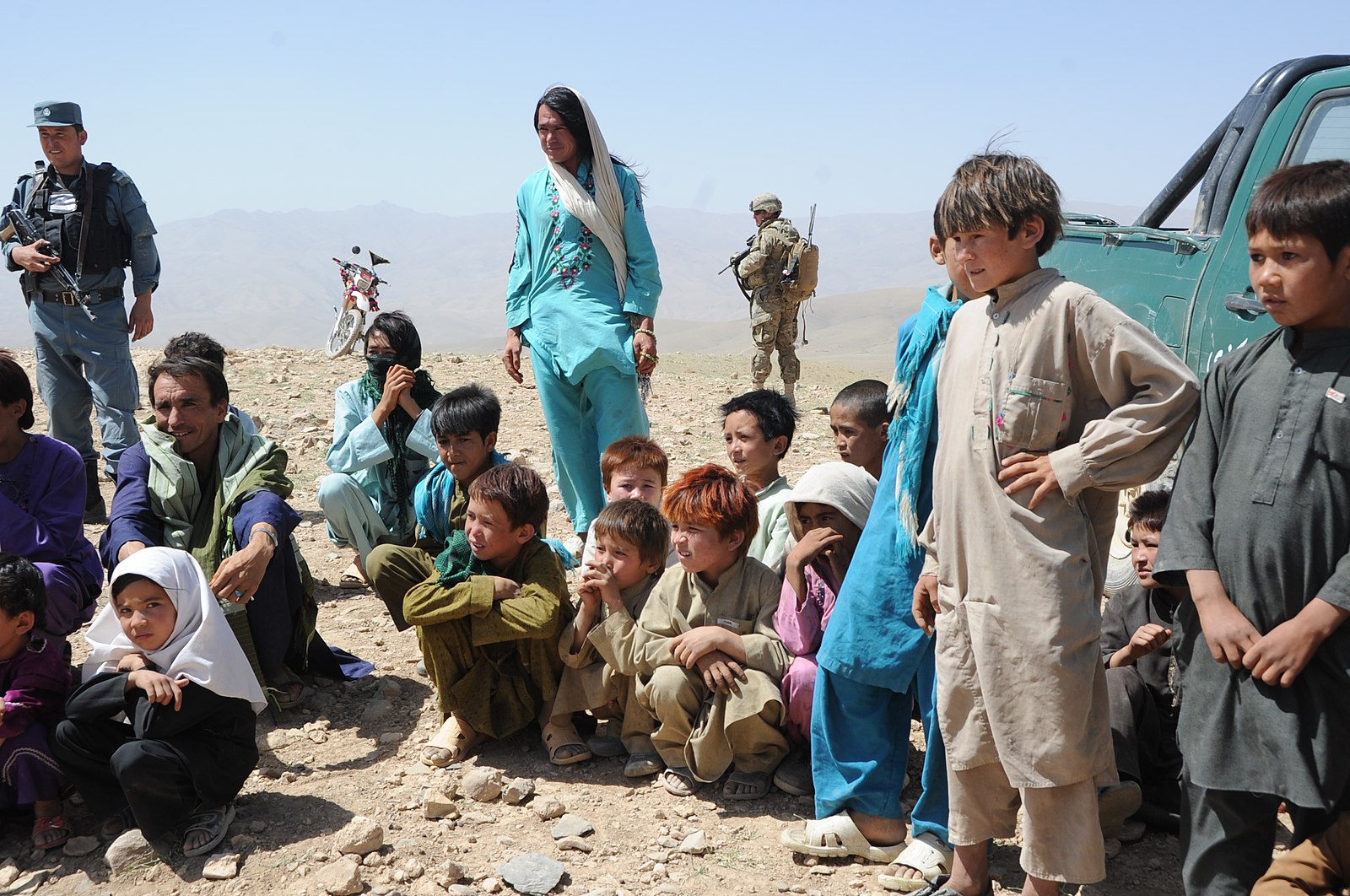
Inadequate protections by the de facto Taliban authorities in Afghanistan continue to leave the Shi’ite Hazara community at risk of being targeted in atrocities that may amount to war crimes, according a report released May 3 by Human Rights Watch. The report emphasizes the threat from the self-declared Islamic State Khorasan Province (ISKP), which continues to carry out attacks targeting Hazara mosques, schools and neighborhoods. In the most recent such attack, on April 29, a presumed ISKP militant opened fire on worshippers at a Hazara mosque at Guzara, in western Herat province, killing six, including a child.
On April 20, a magnetic bomb attached to a bus carrying primarily Hazara passengers in Kabul exploded, killing one and injuring 10. On Jan. 6, a similar attack on a bus in Dasht-e Barchi, a predominantly Hazara neighborhood of Kabul, killed five people, including at least one child, and injured 14. Dasht-e Barchi has been the site of numerous ISKP attacks. When ISKP claimed responsibility for the January attack, they said it was part of their “kill them wherever you find them” campaign against “infidels.”
Between 2015 and mid-2021, ISKP attacks in Afghanistan killed and injured more than 2,000 civilians, primarily in Kabul, Jalalabad, and Kandahar. Since the Taliban took over in August 2021, these attacks have continued—killing and injuring over 700.
The Taliban have long battled the ISKP, which has also targeted Taliban personnel. A suicide bombing outside a Kandahar bank on March 21 killed at least 21 people and injured 50, many of them Taliban ministry employees who had lined up to collect their salaries.
See our last reports on the Hazaras and ISKP.
Photo: Hazara of Daykundi province in 2011. Credit: Karla K. Marshall/USACE via Wikimedia Commons





Deadly suicide blast in Kabul
At least six people were killed and 13 more injured in a suicide bombing in the Qala Bakhtiar district of Kabul on Sept. 2. (NPR)
Taliban refugees minister killed in Kabul blast
An explosion in Afghanistan’s capital Kabul on Wednesday resulted in the death of Khalil Rahman Haqqani, the Taliban’s acting minister for refugees and repatriation, and at least six others. The explosion occurred within the ministry building as Haqqani was leaving after afternoon prayers, according to Haqqani’s nephew Anas Haqqani. Khalil Rahman Haqqani was a prominent figure within the Haqqani network, which played a key role in the Taliban insurgency in the years after the US invasion of Afghanistan in 2011. (Jurist)